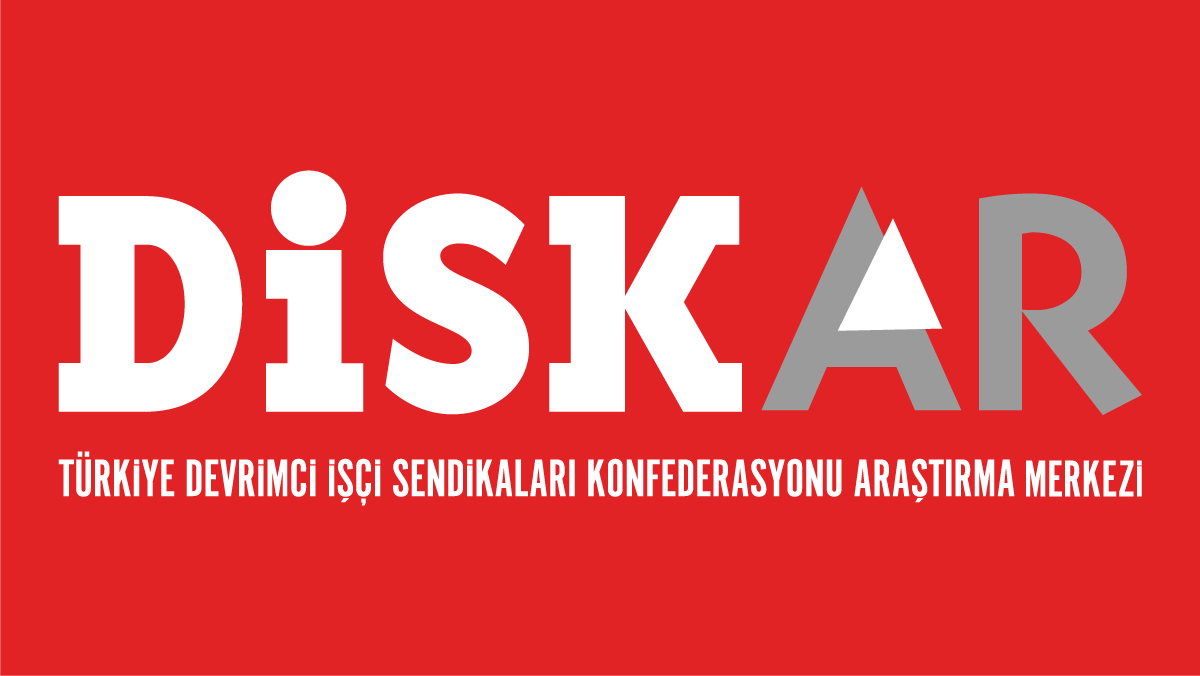ICEM:Labour Hire Veto Applauded, More Work Demanded
The ICEM lodged strong protest a week ago, demanding Turkey President Abdullah Gül veto a bill giving “Private Labour Offices” broad rights to place temporary workers in enterprises. On 9 July, President Gül did veto the bill, and now the ICEM demands the Turkish Parliament not bring it back.
The bill was submitted by Parliament to Gül in late June after it cleared the legislative body without hearings or direct input from the country’s labour federations. The ICEM calls attention to this anti-social fact because global UNIONs are targeting actions in Turkey and Thailand on Day of Decent Work, 7 October 2009, specifically over the precarious labour issue.
The legislation, as written, would have given fees to labour brokers and it would have created a slave market composed of short-term contract workers. The proposal read that any person or entity could establish a private labour hire agency with a modest investment of TL 20,000, or €9,250.
“We applaud President Gül and his administration for doing the right thing to veto this,” said ICEM General Secretary Manfred Warda. “We now call on the global community to assist our Turkish comrades to make sure this bill does not surface again.”
The ICEM credits Turkey’s three trade UNION federations for immediate and effective opposition to the legislation. The ICEM now calls on the Turkish Parliament to abandon this anti-people measure.
Mustafa Kumlu, President of the Confederation of Turkish Trade UNIONs (Türk-İş), said accurately it would render existing mechanisms between UNIONs and government useless. Kumlu, an ICEM Executive Committee member, said “social rights, social security, and other benefits” would disappear under this legislation.
In the 7 July letter to Gül, Warda said creating such a labour system in a society is equivalent to “placing dynamite under the social structures.” He called it a “21st century employment relationship based on slavery.”
ICEM work leading up to 7 October and after will partly focus on Turkish failure R11; in the eyes of the ILO R11; to implement Labour Conventions that the country has already ratified. A focus will also ensure that transparency and fairness become full partners in all social discussions leading to possible Turkish ratification of ILO Convention 181, the Private Employment Agencies Convention.
The ICEM said in the letter to the Turkish government that the proposed law is not in compliance with the EU Directive on Temporary Agency Work, a standard passed in October 2008 that the ICEM insists must be adhered to by Turkey. The ICEM also labels the legislation a misguided response to the economic crisis, and an inhumane practice to even pronounce it as a measure to reduce operating costs.





